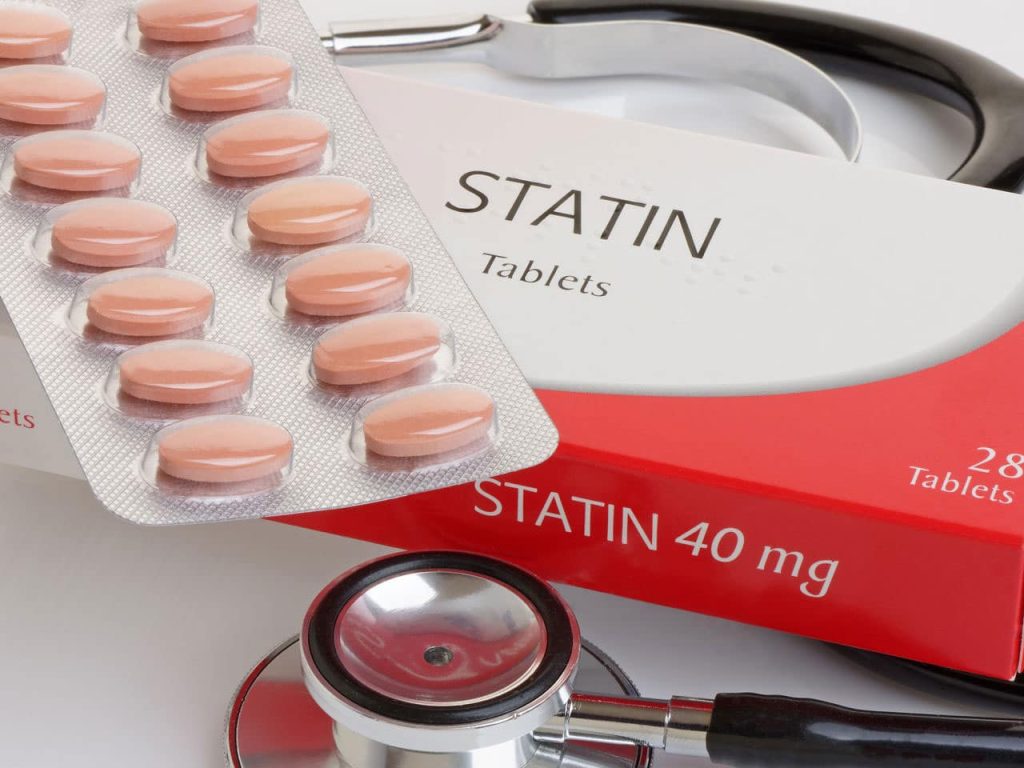Introduction
Statins are a class of drugs used to lower cholesterol levels in the body. They have become some of the most widely prescribed medications in the world, with millions of people taking them daily. However, as with any medication, there are potential side effects and risks associated with their use. In this article, we will explore the potential risks of statins and whether they are worth the risk.
What are statins?
Statins are a class of medications that work by inhibiting an enzyme in the liver that is responsible for producing cholesterol. By reducing the amount of cholesterol in the blood, statins can help to prevent the buildup of plaque in the arteries and reduce the risk of heart disease.
Statins are typically prescribed to people who have high cholesterol levels, have already had a heart attack or stroke, or are at high risk of developing these conditions.
Potential risks of statins
While statins are generally considered safe and effective, there are some potential risks associated with their use. Some of the most common side effects of statins include:
- Muscle pain and weakness: One of the most commonly reported side effects of statins is muscle pain and weakness. This can be caused by the drug interfering with the production of a protein called coenzyme Q10, which is necessary for muscle function.
- Liver damage: In rare cases, statins can cause liver damage. This is more likely to occur in people who already have liver disease or who drink alcohol heavily.
- Increased blood sugar levels: Some studies have suggested that statins may increase the risk of developing type 2 diabetes by raising blood sugar levels.
- Memory problems: There have been some reports of statins causing memory problems, although this is not yet fully understood.
- Digestive problems: Statins can cause digestive problems such as nausea, diarrhea, and constipation.
- Increased risk of bleeding: Some studies have suggested that statins may increase the risk of bleeding, particularly in people who are already taking blood-thinning medications.
- Allergic reactions: In rare cases, statins can cause allergic reactions, which can range from mild skin rashes to more severe reactions such as anaphylaxis.
Are statins worth the risk?
Despite the potential risks of statins, they are generally considered safe and effective for reducing cholesterol levels and preventing heart disease. The benefits of statins may outweigh the risks for people who have high cholesterol levels, have already had a heart attack or stroke, or are at high risk of developing these conditions.
In fact, some studies have suggested that the benefits of statins may extend beyond their cholesterol-lowering effects. For example, statins may have anti-inflammatory properties that can help to reduce the risk of other diseases such as cancer and Alzheimer’s disease.
That being said, statins may not be right for everyone. People who have a history of liver disease, kidney disease, or muscle problems may not be able to tolerate statins or may need to take a lower dose. Additionally, some people may prefer to try lifestyle changes such as diet and exercise before turning to medication.
Conclusion
Statins are a widely prescribed class of medications that are used to lower cholesterol levels and reduce the risk of heart disease. While they are generally considered safe and effective, there are potential risks associated with their use. These risks include muscle pain and weakness, liver damage, increased blood sugar levels, memory problems, digestive problems, increased risk of bleeding, and allergic reactions.
Despite these risks, the benefits of statins may outweigh the risks for many people. The decision to take statins should be made on a case-by-case basis, taking into account the individual’s medical history, risk factors, and preferences. In some cases, lifestyle changes such as diet
